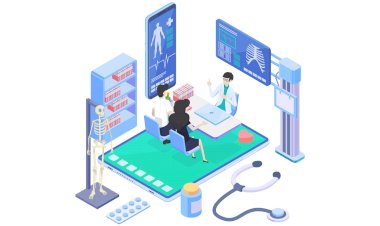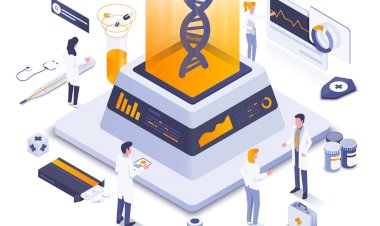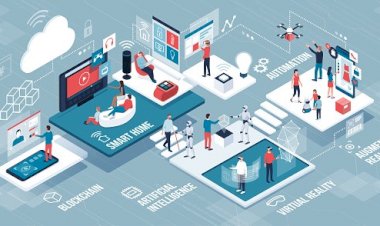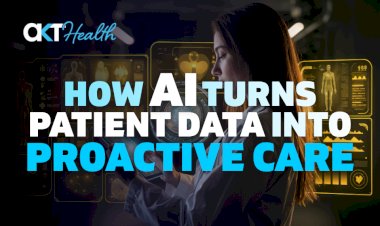Power of AI in Cancer Treatment
AI can allow cancer-care teams to make faster and better-informed decisions, speeding up the treatment process, and making the experience less stressful for patients. It can increase the scope for more personalized treatment planning and ensure that all patients benefit from best practices as well as the collective experience of oncology care teams.

What is AI?
Artificial intelligence (AI) is a wide-ranging branch of computer science concerned with building smart machines capable of performing tasks that typically require human intelligence.
AI refers to the ability of a machine to perform tasks commonly associated with intelligent human behavior. Including disciplines from both computer science and mathematics, AI can be considered a group of iterative, "self-learning" techniques, which discover relationships within data that can evolve and often be performed faster over time.
AI in Cancer Treatment
AI platforms ranging from machine learning to neural networks can accelerate drug discovery, harness biomarkers to accurately match patients to clinical trials, and truly personalize cancer therapy using only a patient's own data
AI can allow cancer-care teams to make faster and better-informed decisions, speeding up the treatment process, and making the experience less stressful for patients. It can increase the scope for more personalized treatment planning and ensure that all patients benefit from best practices as well as the collective experience of oncology care teams. AI could also transform the ability of clinical teams to use and learn from their patients' data, creating holistic views to enhance both the treatment and the outcomes.
By giving patients the smart tools that are needed to make all relevant information accessible at the right time, the Course enables them to take a more active, direct role in their health. Best of all, AI finds clinical trial options in a matter of minutes – at no expense to the patient – and allows the process to begin with the patient, as opposed to the oncologist dictating the treatment plan.
Conclusion
Using computer algorithms to search for important signals in the noise can reduce treatment times, improve the quality of care, and make the best use of valuable resources. AI can make work more efficient without compromising on the quality of care, and in many cases, it can improve the care that patients receive. Oncology is focusing on developing and delivering intelligent cancer care solutions. "This application of AI to healthcare will continue to expand to new workflows, reaching across all disciplines of oncology, including multidisciplinary care delivery and patient symptoms management."
References
HHMGlobal, C. T. (2020, April 29). Content Team HHMGlobal. Retrieved from https://www.hhmglobal.com/knowledge-bank/articles/the-power-of-artificial-intelligence-in-cancer-treatment-how-the-democratization-of-advanced-new-treatment-options-benefits-patients-doctors-and-big-pharma
Kann, B. H., Thompson, R., Thomas, C. R., Dicker, A., & Aneja, S. (2019, February 15). Artificial Intelligence in Oncology: Current Applications and Future Directions. Retrieved from https://www.cancernetwork.com/oncology-journal/artificial-intelligence-oncology-current-applications-and-future-directions

 Meghana
Meghana 































